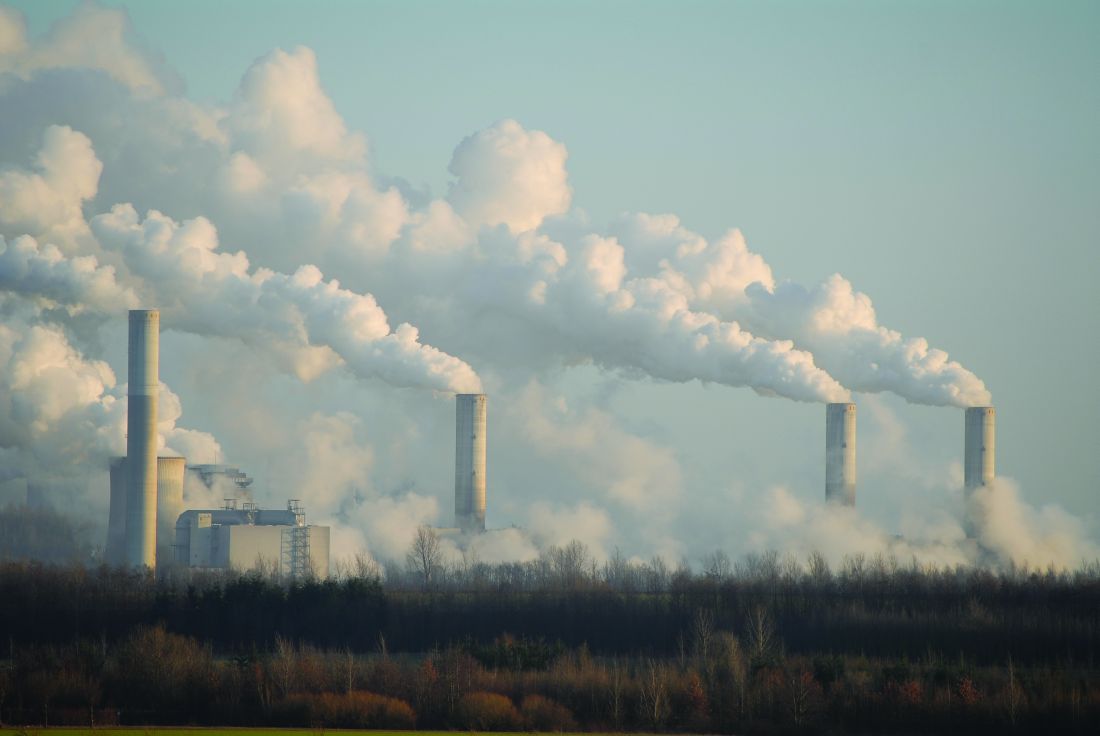What if the very air we breathe harbors unseen culprits that contribute to the development of cancer? This intriguing question leads us into the complex interplay between environmental pollutants and human health. Free radical air pollutants, particularly those formed from industrial emissions, vehicular exhaust, and various burning processes, have recently garnered significant attention in scientific studies due to their potential link to oncogenesis.
Airborne free radicals are highly reactive molecules that can initiate oxidative damage within the body. When inhaled, these free radicals interact with cellular components, leading to DNA mutations and alterations in cellular signaling pathways. This tumultuous environment paves the way for cancers to develop, especially in individuals chronically exposed to polluted air. Cities with dense traffic or near industrial zones often experience heightened levels of such pollutants, raising concerns for public health officials and citizens alike.
Research has illuminated the mechanisms by which free radical air pollutants contribute specifically to cancer development. For instance, particulate matter released from combustion sources can penetrate deep into the lungs, entering the bloodstream and therefore reaching distant organs. Once inside, these pollutants can instigate a cascade of inflammatory responses, further exacerbating cellular damage. The relationship between chronic inflammation and cancer is well-documented; inflammation can create a microenvironment conducive to tumor growth.
Interestingly, certain demographic factors can influence susceptibility to the harmful effects of free radical air pollutants. Children, the elderly, and individuals with preexisting health conditions may be particularly vulnerable. As these populations often spend more time outdoors or lack the physiological resilience required to combat oxidative stress, they face an elevated risk. The implications of this vulnerability challenge communities to foster awareness and implement strategies that mitigate exposure.
Public health initiatives aimed at reducing air pollution play a crucial role in addressing this pressing issue. From enforcing stricter emissions regulations to promoting cleaner technologies, there are numerous avenues to pursue. However, awareness is only half the battle. As citizens, taking personal responsibility, such as advocating for greener policies and supporting local initiatives, can significantly impact air quality. Engaging in conversations about the air we breathe and its potential lethal consequences is essential for fostering a proactive community dedicated to health.
Ultimately, the interplay between free radical air pollutants and cancer poses a multifaceted challenge that requires coordinated efforts across various sectors. While the science continues to unfold, the message remains clear: the air we breathe is intricately linked to our health. Addressing this issue necessitates a concerted approach that empowers individuals and communities to take action against air pollution and its insidious effects.
